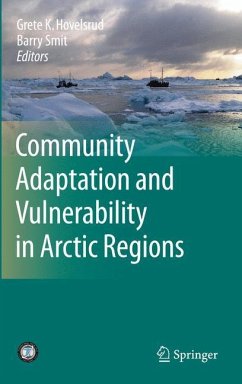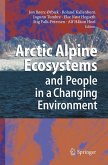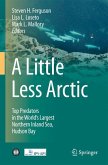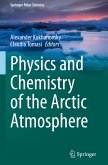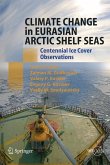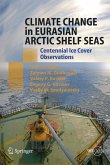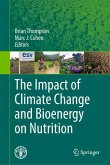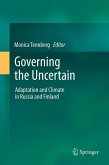The 'Year' That Changed How We View the North This book is about a new theoretical approach that transformed the field of Arctic social studies and about a program called International Polar Year 2007-2008 (IPY) that altered the position of social research within the broader polar science. The concept for IPY was developed in 2003-2005; its vision was for researchers from many nations to work together to gain cro- disciplinary insight into planetary processes, to explore and increase our understanding of the polar regions, the Arctic and Antarctica, and of their roles in the global system. IPY 2007-2008, the fourth program of its kind, followed in the footsteps of its predecessors, the first IPY in 1882-1883, the second IPY in 1932-1933, and the third IPY (later renamed to 'International Geophysical Year' or IGY) in 1957-1958. All earlier IPY/IGY have been primarily geophysical initiatives, with their focus on meteorology, atmospheric and geomagnetic observations, and with additional emphasis on glaciology and sea ice circulation. As such, they excluded socio-economic disciplines and polar indigenous people, often deliberately, except for limited ethnographic and natural history collection work conducted by some expeditions of the first IPY. That once dominant vision biased heavily towards geophysics, oceanography, and ice-sheets, left little if any place for people, that is, the social sciences and the humanities, in what has been commonly viewed as the 'hard-core' polar research.
From the reviews:
"This book aims to present a human approach to understanding the vulnerabilities and adaptive capacities of communities, particularly those in the Arctic, that are experiencing rapid socio-economic and environmental changes. ... I recommend this book particularly for Arctic researchers ... . The book is also recommended for students in the social sciences, who can increase their understanding of the vulnerability of Arctic communities and apply the framework and knowledge developed by the multidisciplinary team in their studies and future careers." (Arctic, December, 2011)
"This book aims to present a human approach to understanding the vulnerabilities and adaptive capacities of communities, particularly those in the Arctic, that are experiencing rapid socio-economic and environmental changes. ... I recommend this book particularly for Arctic researchers ... . The book is also recommended for students in the social sciences, who can increase their understanding of the vulnerability of Arctic communities and apply the framework and knowledge developed by the multidisciplinary team in their studies and future careers." (Arctic, December, 2011)

